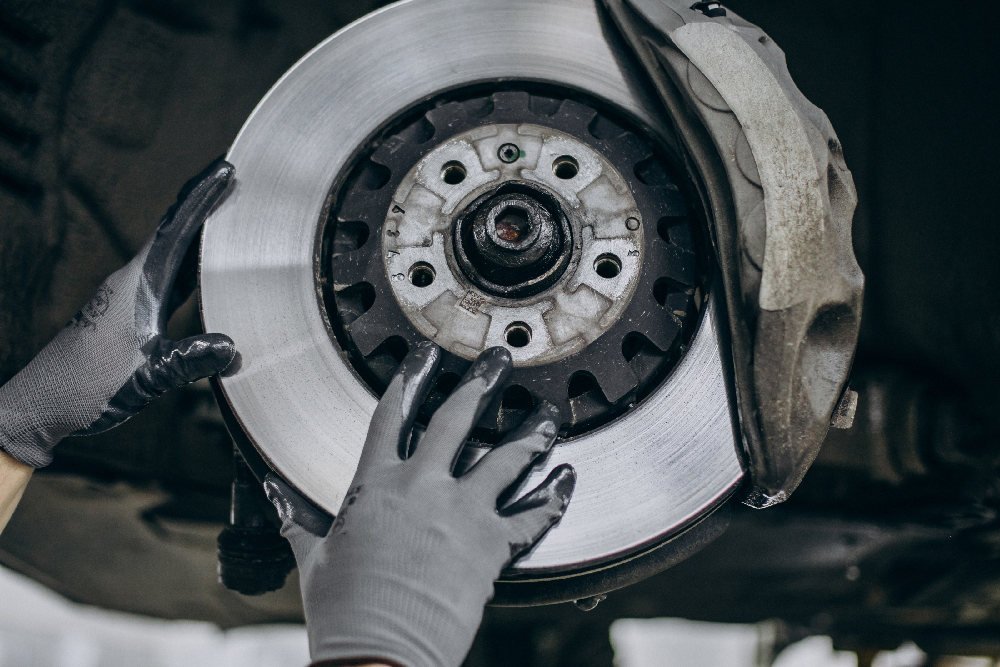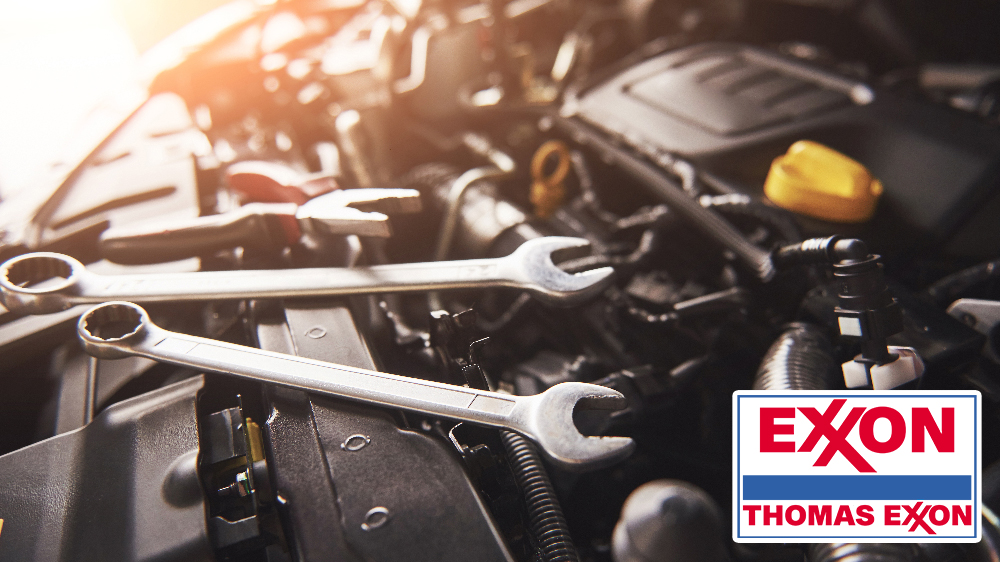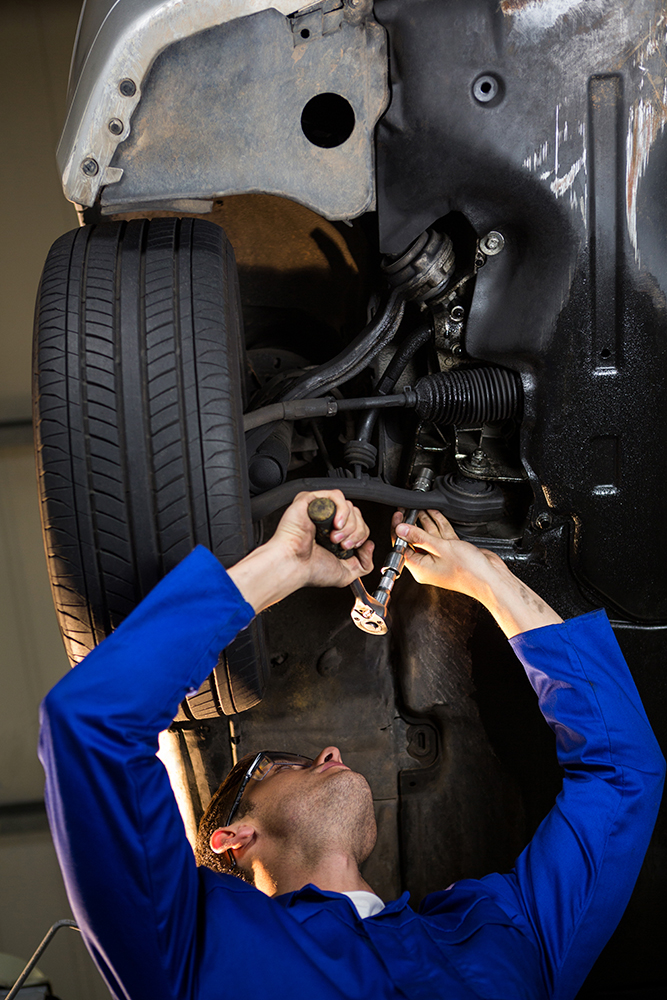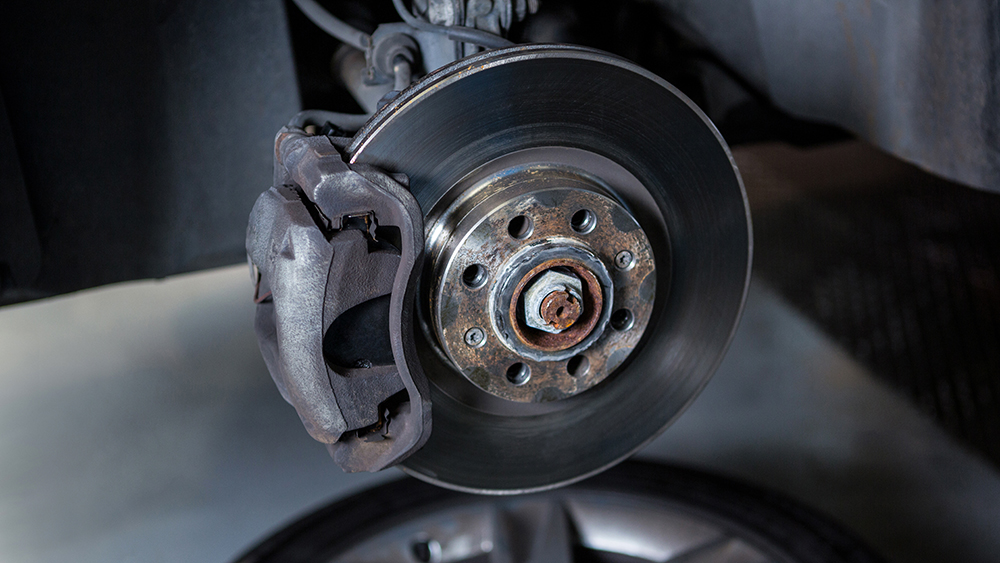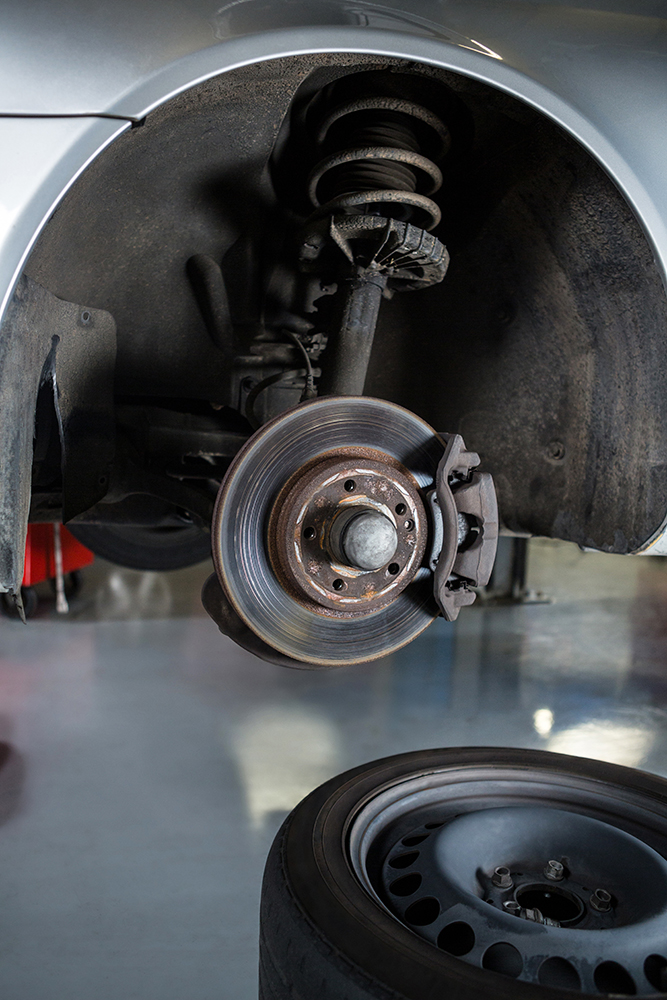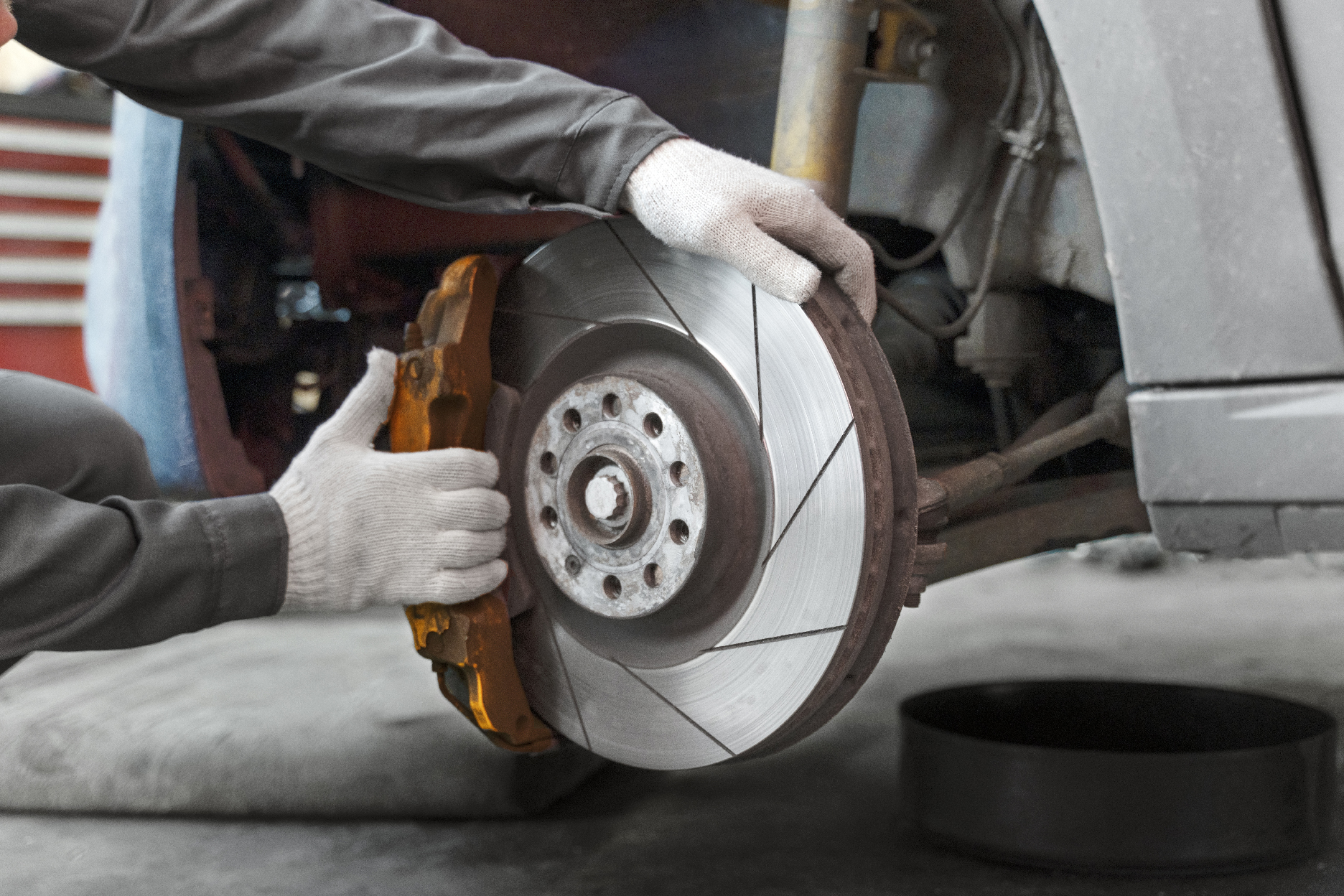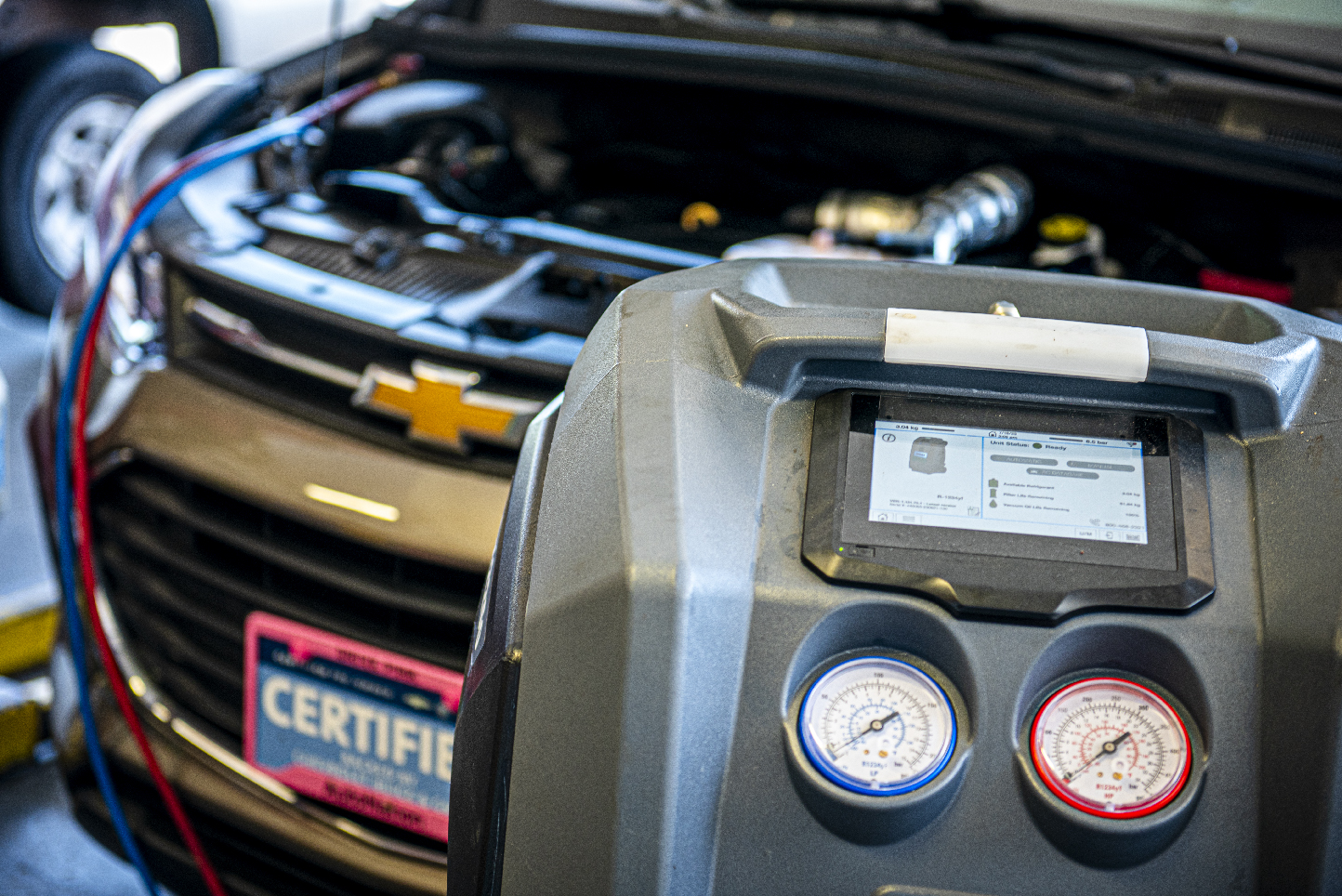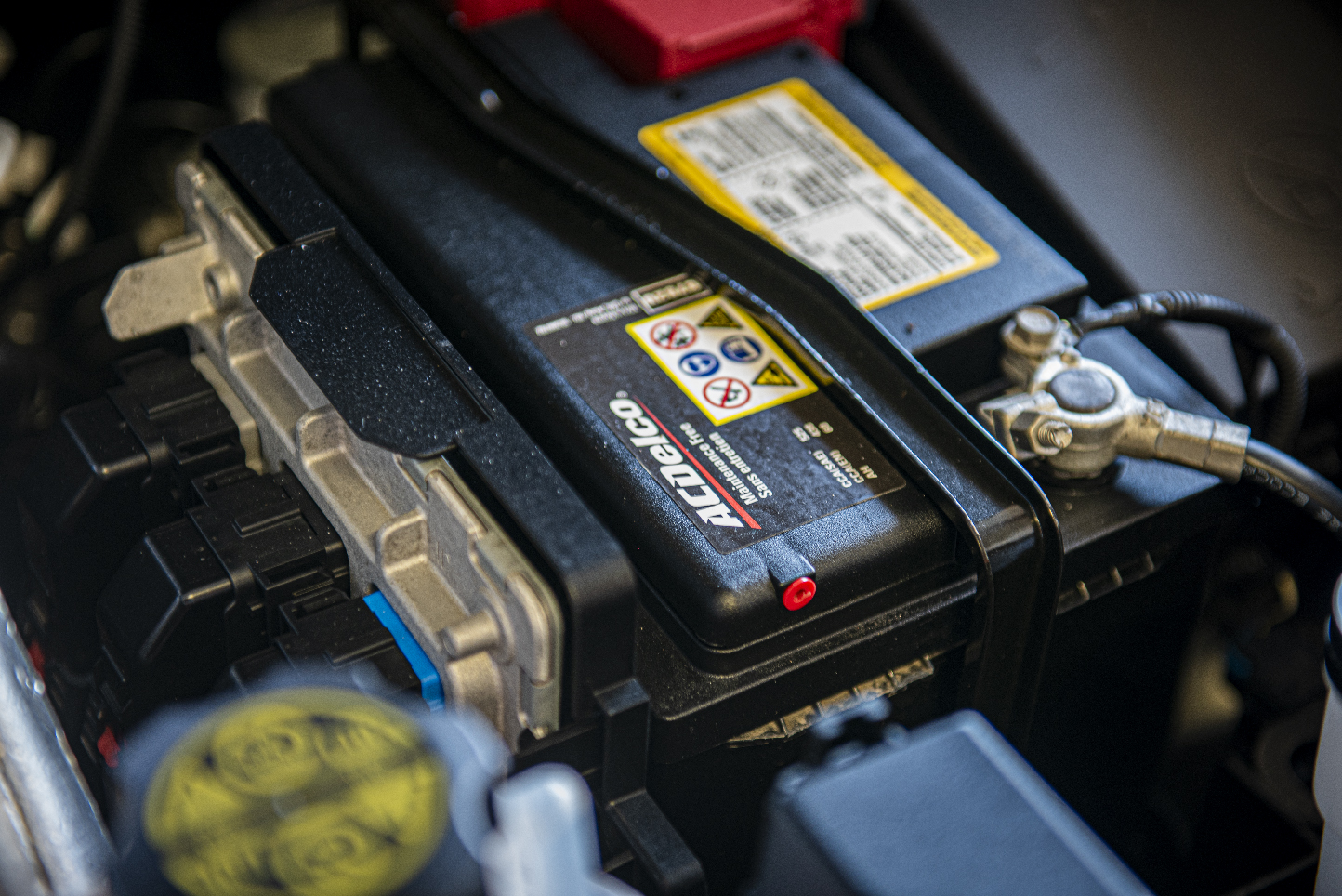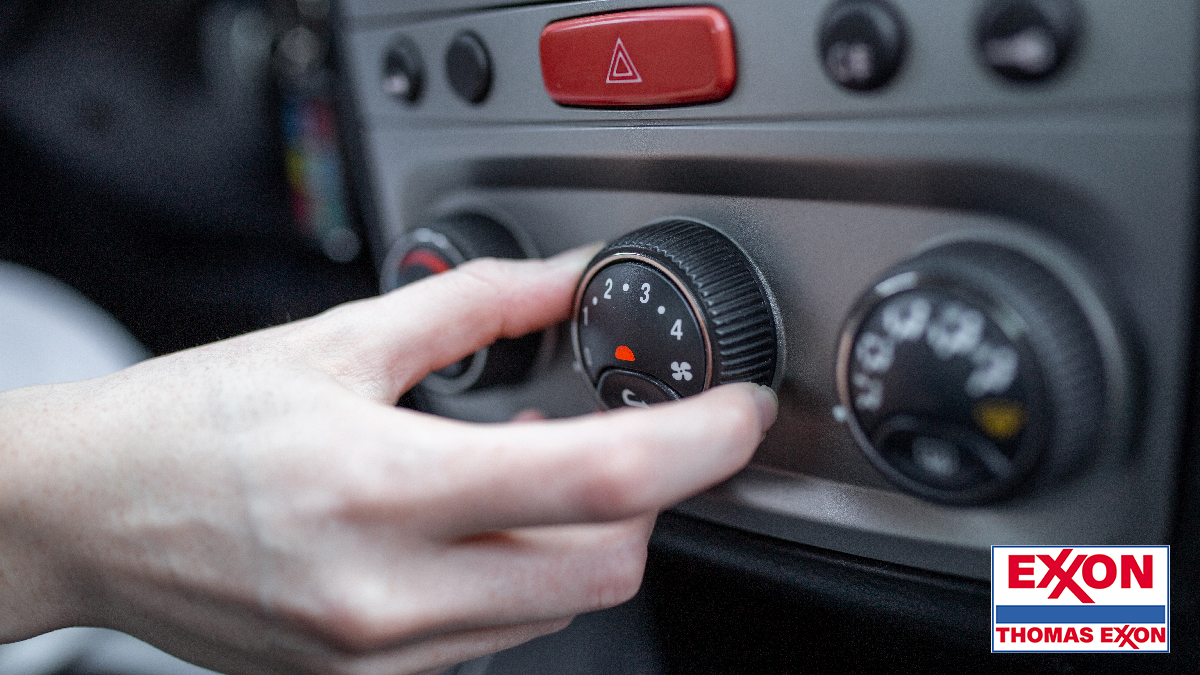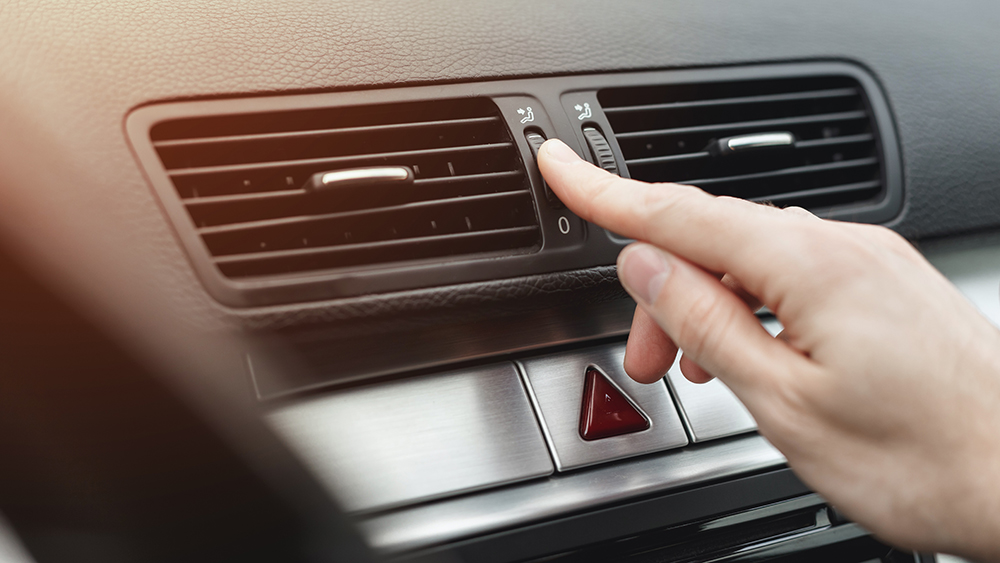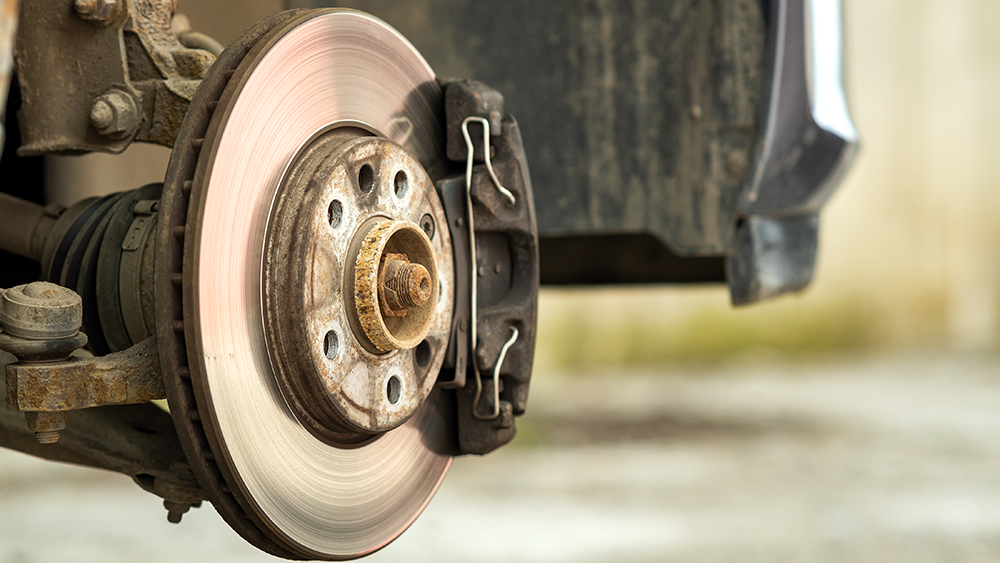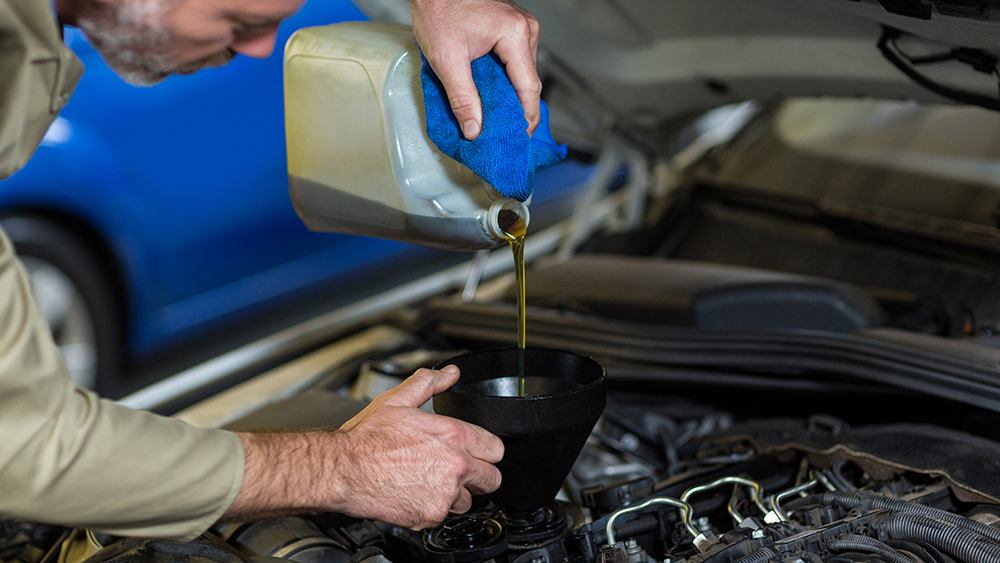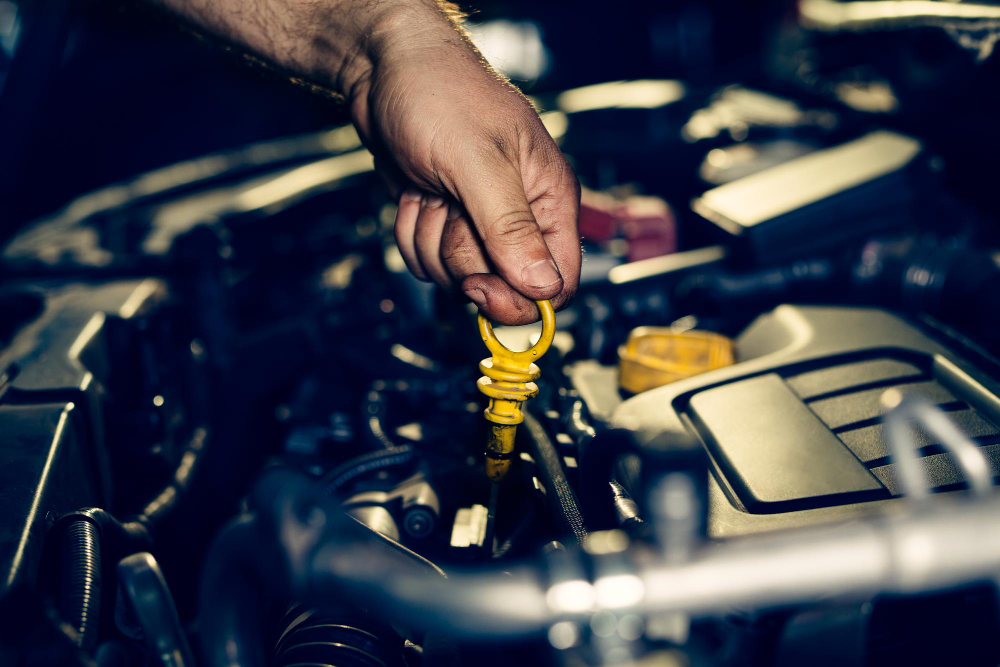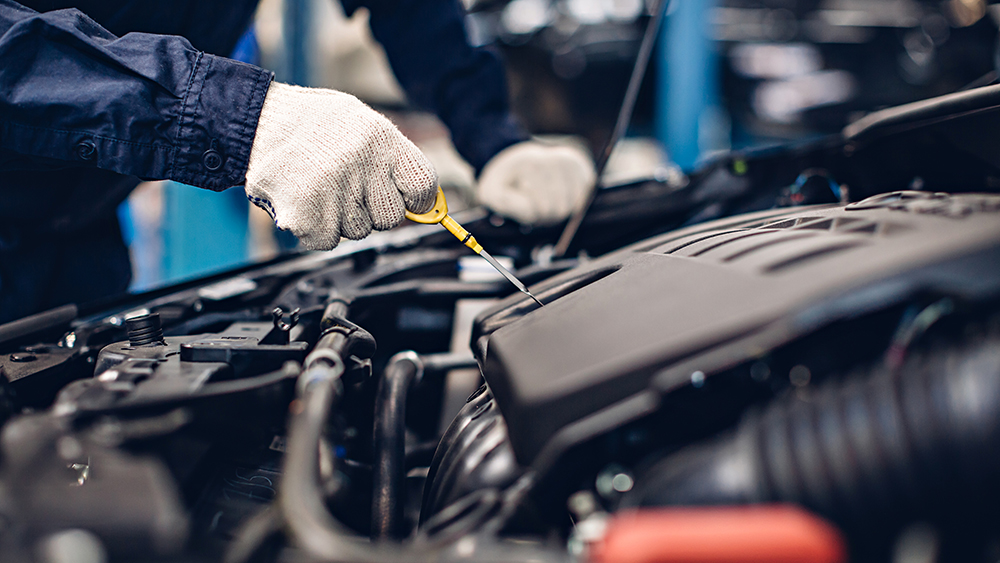Understanding car fluid maintenance is crucial for ensuring the longevity and optimal performance of your vehicle. Properly maintained vehicle fluids are essential not only for the functionality of major components but also for the overall health of your car. In this beginner’s guide, we’ll explore the various types of car fluids, their roles, and why maintaining them is vital. As we delve into this topic, you will gain insights into how these fluids contribute to the smooth and efficient operation of your vehicle.
With expertise from Thomas Exxon, a trusted full-service auto shop in Corpus Christi, you’ll learn practical tips to keep your vehicle running smoothly and efficiently. Whether you’re a new driver or looking to brush up on your car maintenance skills, this guide on “Car Fluid Maintenance for Corpus Christi” will equip you with all the necessary information to manage your vehicle’s fluids effectively. By understanding these essentials, you can take proactive steps to enhance your car’s performance and extend its lifespan.
Essential Car Fluids and Their Functions
Remember, every vehicle relies on a variety of essential fluids to function properly. These fluids play critical roles in the operation and maintenance of different systems within your car. Understanding these fluids is key to ensuring your vehicle runs smoothly and remains in good condition, especially in the challenging driving conditions often found in Corpus Christi. Consequently, maintaining these fluids can significantly extend the life of your vehicle and enhance its performance. Here’s a breakdown of the most important car fluids and their specific functions:
Motor Oil
Arguably the most crucial, motor oil lubricates the engine’s internal moving parts, reducing friction and wear. It also helps to cool the engine by transferring heat away from critical components. Regular oil changes are vital to prevent engine damage and maintain performance.
- Key Points:
- Lubricates engine components to reduce friction.
- Helps cool the engine by dispersing heat.
- Cleans the engine by capturing dirt and debris.
Coolant (Antifreeze)
Next, coolant circulates through the engine and its radiators, managing the engine’s temperature to prevent overheating. Therefore, this fluid is especially important in hot climates like Texas, where temperatures can rise significantly, increasing the risk of engine overheating.
- Key Points:
- Prevents the engine from overheating.
- Protects against freezing in colder climates.
- Contains additives that help prevent rust and corrosion within the engine.
Transmission Fluid
Next on the list, this fluid is essential for both automatic and manual transmissions, as it lubricates the transmission’s moving parts, facilitating smooth gear shifts and maintaining mechanical reliability.
- Key Points:
- Lubricates transmission gears and components.
- Helps to maintain smooth shifting.
- Acts as a coolant for the transmission system.
Brake Fluid
Unlike other fluids, brake fluid is a type of hydraulic fluid that is crucial for the brake system’s operation. It transfers the force created by your foot on the brake pedal to the brake rotors, which in turn stops your vehicle.
- Key Points:
- Transfers force from the brake pedal to the brake system.
- Operates under high pressure and high temperature.
- Replace periodically to avoid water contamination and reduce effectiveness.
Power Steering Fluid
As the name suggests, this fluid assists in the operation of the steering system, making it easier to turn the steering wheel. Like brake fluid, it works under high pressure and needs regular checks and replacements to ensure consistent steering performance. Regular maintenance ensures that the steering response remains sharp and reliable.
- Key Points:
- Facilitates smooth and easy steering.
- Operates under pressure, requiring a robust fluid.
- It can cause steering issues if levels are low or if the fluid is old.
Windshield Washer Fluid
While not directly impacting the mechanical functions of the vehicle, windshield washer fluid plays a crucial role in maintaining clear visibility while driving. Particularly in dry and dusty conditions prevalent in areas like Corpus Christi, it effectively cleans the windshield of dirt, debris, and bugs.
- Key Points:
- Cleans the windshield for clear visibility.
- Effective in removing dirt, grime, and insect marks.
- Refill regularly to ensure availability when needed.
By keeping these fluids in check, you not only ensure the smooth operation of your vehicle but also safeguard against potential mechanical failures.
How to Check and Maintain These Fluids
Properly checking and maintaining your car’s fluids is key to ensuring your vehicle operates efficiently and lasts longer.
Regular Checks and Maintenance Routine:
- Frequency of Checks: It’s advisable to check most car fluids at least once a month and before any long trips. Always refer to your vehicle’s owner’s manual for specific recommendations regarding each fluid.
- Engine Oil Check: Pull out the dipstick, wipe it clean, insert it back in fully, and then pull it out again to check the oil level. The oil should be between the high and low marks on the dipstick. Check for any color changes or metal particles, as these could indicate engine problems.
- Coolant Levels: Ensure the engine is cool before checking the coolant level in the reservoir. It should be between the “low” and “full” lines. Also, check for any signs of coolant leaks under your vehicle.
- Transmission Fluid: Similar to engine oil, use the dipstick to check the transmission fluid. The fluid should be pink or red and should not smell burnt. If it’s dark and has a burnt smell, change it.
- Brake Fluid: Check the brake fluid level in the reservoir. If the level is below the “minimum” line, top it up to the “maximum” line. Also, if the fluid appears dark or dirty, replace it.
- Power Steering Fluid: Check the level with the dipstick in the reservoir and top it up if needed. Low fluid levels can make the steering wheel stiff and difficult to turn.
- Windshield Washer Fluid: Make sure your reservoir is always filled with washer fluid to ensure you can always clean your windshield effectively.
Using the Correct Fluids:
- Specificity is Key: Remember, always use the type of fluid specified in your vehicle’s owner manual. Substituting fluids can lead to improper function or damage to your vehicle, reducing its lifespan.
- Purchase Quality Fluids: Invest in high-quality fluids recommended by your car manufacturer to ensure maximum performance and longevity of your car’s systems.
Watching for Leaks:
- Regular Inspections: Regularly inspect your vehicle for any signs of leaks. Any spots or drips on the garage floor or driveway might indicate a leak that needs attention.
- Consult Professionals: If you’re unsure about the source or cause of a leak, consult a professional mechanic. Ignoring leaks can lead to serious mechanical failures.
Professional Help:
- Routine Professional Checks: Even with regular personal checks, it’s a good idea to have your fluids checked professionally during routine service appointments. Mechanics can often spot issues that aren’t obvious to the average car owner.
- Early Diagnosis: Regular professional evaluations can diagnose issues before they become severe, saving you money and preventing vehicle downtime.
Remember, maintaining your car’s fluids isn’t just about keeping levels topped up; it’s about ensuring the longevity and safety of your vehicle. Regular checks and maintenance can prevent costly repairs and ensure that your car remains reliable on the road.
The Proactive Approach
In conclusion, taking a proactive approach to fluid maintenance means fewer surprises on the road and more confidence in your vehicle’s reliability and safety. Moreover, being proactive helps you avoid the costly repairs and downtimes associated with unexpected breakdowns.
Therefore, don’t wait for a breakdown to think about your vehicle’s fluids. Visit Thomas Exxon in Corpus Christi today, where experts are ready to help you keep your car in peak condition with comprehensive fluid maintenance services. In conclusion, regular fluid maintenance is not just a preventative measure; it’s an investment in the longevity and efficiency of your vehicle.



